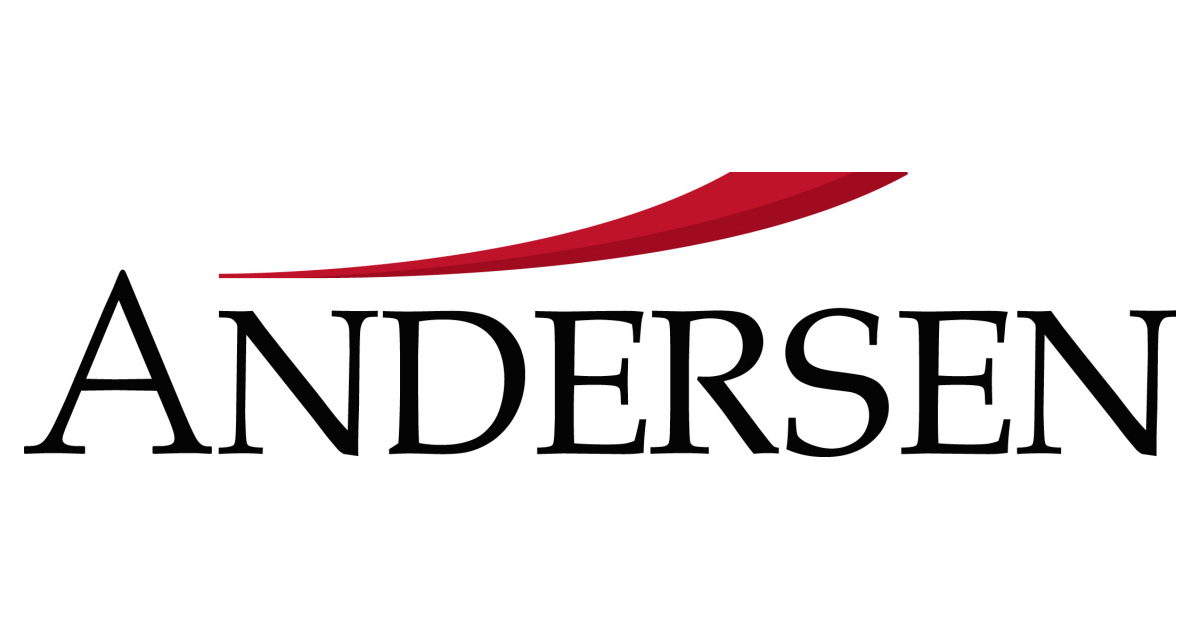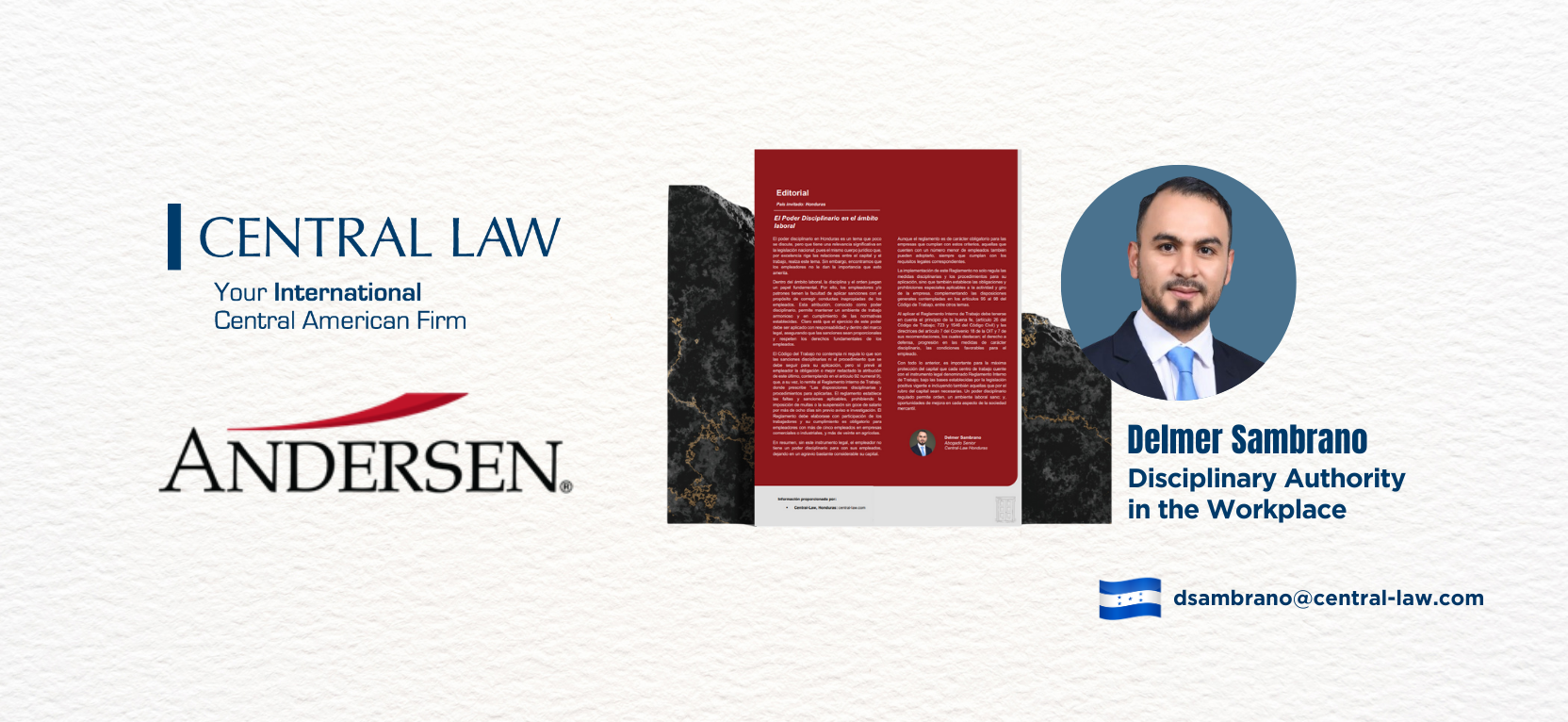Disciplinary authority in Honduras is a topic that is seldom discussed, yet it holds significant relevance in national legislation. The legal framework that governs the relationship between capital and labor highlights this issue; however, employers often fail to recognize its importance.
Within the workplace, discipline and order play a fundamental role. Employers have the authority to impose sanctions with the purpose of correcting inappropriate behavior among employees. This authority, known as disciplinary power, allows for the maintenance of a harmonious work environment in compliance with established regulations. However, the exercise of this authority must be carried out responsibly and within the legal framework, ensuring that sanctions are proportional and respect employees’ fundamental rights.
The Labor Code does not explicitly define or regulate disciplinary sanctions or the procedures for their implementation. However, it grants employers the authority to enforce discipline through Article 92, numeral 9, which refers them to the Internal Work Regulations. These regulations outline disciplinary provisions and procedures, specify violations and corresponding sanctions, and prohibit the imposition of fines or unpaid suspensions exceeding eight days without prior notice and investigation. The Internal Work Regulations must be drafted with worker participation and are mandatory for employers with more than five employees in commercial or industrial companies and more than twenty in agricultural enterprises.
In summary, without this legal instrument, employers lack disciplinary authority over their employees, which could pose a significant risk to their capital.
Although the Internal Work Regulations are mandatory for companies meeting these criteria, smaller businesses may also adopt them, provided they comply with the corresponding legal requirements.
The implementation of these regulations not only establishes disciplinary measures and their enforcement procedures, but also defines specific obligations and prohibitions related to the nature of the business, supplementing the general provisions of Articles 95 to 98 of the Labor Code, among other relevant regulations.
When applying the Internal Work Regulations, good faith principles must be considered, as established in Article 26 of the Labor Code and Articles 723 and 1546 of the Civil Code. Additionally, Article 7 of ILO Convention 18 and its recommendations emphasize the right to defense, progressive disciplinary measures, and fair conditions for employees.
Given all the above, it is crucial for businesses to have a formal Internal Work Regulation to protect their capital and ensure compliance with positive legislation. A well-regulated disciplinary authority fosters order, a healthy work environment, and opportunities for improvement in all aspects of corporate society.
For more information, contact us: info@central-law.com

Article written originally for Andersen Newsletter, by:
Delmer Sambrano
Senior Associate
Honduras




